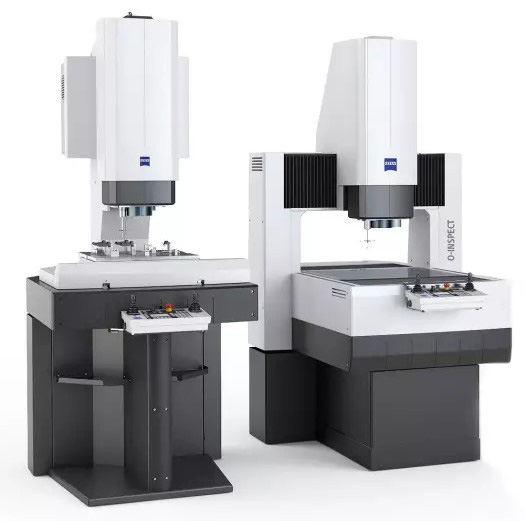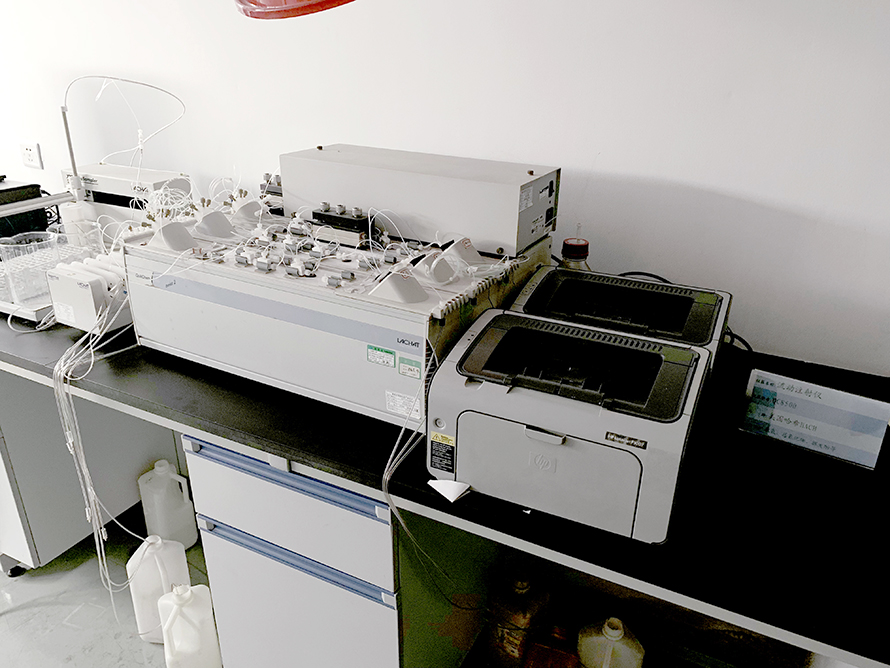Service Hotline
Advantages of ceramic materials in instrument manufacturing and application considerations in high-precision instruments
In the field of precision instrument manufacturing, ceramic materials have become the focus of engineers due to their unique properties and application advantages. The emergence of ceramic materials has not only provided new options for precision instrument manufacturing but also promoted the development of precision instruments towards higher accuracy, longer service life, and greater portability. This article will discuss the application considerations of ceramic materials in high-precision instrument manufacturing based on their advantages.
Advantages of ceramic materials
ceramic materials
High-temperature resistance: Ceramic materials have excellent high-temperature resistance, with melting points up to over 2000℃. This makes ceramic materials an ideal choice for manufacturing precision instruments that operate in high-temperature environments. For example, in aeronautical engines, aerospace, and nuclear industries, ceramic materials can replace traditional metal materials, not only improving the high-temperature resistance of the instruments but also extending their service life.
Corrosion resistance: Ceramic materials have excellent corrosion resistance, making them an ideal choice for manufacturing precision instruments that operate in corrosive environments such as chemicals, biology, and medical fields. For example, in reactors, biomedical instruments, and medical equipment, ceramic materials can replace traditional metal materials, not only improving the corrosion resistance of the instruments but also extending their service life.
Wear resistance: Ceramic materials have excellent wear resistance, making them an ideal choice for manufacturing precision instruments that operate in abrasive environments. For example, in the fields of automotive, machinery, and agricultural machinery, ceramic materials can replace traditional metal materials, not only improving the wear resistance of the instruments but also extending their service life.
Good thermal stability: Ceramic materials have good thermal stability, which makes them an ideal choice for manufacturing precision instruments that work in environments with temperature changes. For example, in the fields of electronics, communication, and semiconductors, ceramic materials can replace traditional metal materials, not only improving the thermal stability of the instruments but also extending their service life.
Considerations for the application of ceramic materials in high-precision instruments
Material selection: When selecting ceramic materials, comprehensive consideration should be given to factors such as the working environment, working conditions, working temperature, and working pressure of the instrument. For example, for precision instruments that work in high-temperature environments, ceramic materials with excellent high-temperature performance should be selected; for precision instruments that work in corrosive environments, ceramic materials with excellent corrosion resistance should be selected; for precision instruments that work in abrasive environments, ceramic materials with excellent wear resistance should be selected; for precision instruments that work in environments with temperature changes, ceramic materials with excellent thermal stability should be selected.
Structural design: When designing precision instruments, the performance characteristics of ceramic materials should be fully considered, and the structure of the instrument should be reasonably designed to give full play to the advantages of ceramic materials. For example, when designing precision instruments that work in high-temperature environments, high-temperature sealed parts made of ceramic materials should be used to ensure the reliability and stability of the instrument in high-temperature environments; when designing precision instruments that work in corrosive environments, anti-corrosion parts made of ceramic materials should be used to ensure the reliability and stability of the instrument in corrosive environments; when designing precision instruments that work in abrasive environments, wear-resistant parts made of ceramic materials should be used to ensure the reliability and stability of the instrument in abrasive environments; when designing precision instruments that work in environments with temperature changes, thermal stability parts made of ceramic materials should be used to ensure the reliability and stability of the instrument in temperature change environments.
Manufacturing process: When manufacturing precision instruments, advanced manufacturing processes should be adopted to ensure the quality and performance of ceramic materials. For example, when manufacturing precision instruments that work in high-temperature environments, advanced high-temperature sintering processes should be used to ensure the high-temperature performance of ceramic materials; when manufacturing precision instruments that work in corrosive environments, advanced anti-corrosion processes should be used to ensure the anti-corrosion performance of ceramic materials; when manufacturing precision instruments that work in abrasive environments, advanced wear-resistant processes should be used to ensure the wear-resistant performance of ceramic materials; when manufacturing precision instruments that work in environments with temperature changes, advanced thermal stability processes should be used to ensure the thermal stability performance of ceramic materials.
In summary, ceramic materials have significant advantages in the manufacturing of precision instruments, providing strong support for the high precision, long life, and lightweight development of precision instruments. However, in practical applications, comprehensive consideration must be given to specific working conditions, working conditions, working temperature, working pressure, and other factors, and ceramic materials should be selected rationally, the instrument structure should be scientifically designed, advanced manufacturing processes should be adopted, in order to give full play to the advantages of ceramic materials, and ensure the reliability and stability of precision instruments.
have significant advantages in the manufacturing of precision instruments, providing strong support for the high precision, long life, and lightweight development of precision instruments. However, in practical applications, comprehensive consideration must be given to specific working conditions, working conditions, working temperature, working pressure, and other factors, and ceramic materials should be selected rationally, the instrument structure should be scientifically designed, advanced manufacturing processes should be adopted, in order to give full play to the advantages of ceramic materials, and ensure the reliability and stability of precision instruments.
Copyright © 2019-2025 Instrumentation Manufacturer
Addresses: Phone number: E-Mail:

Our Businesses
